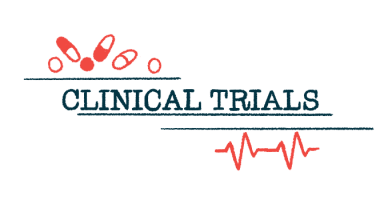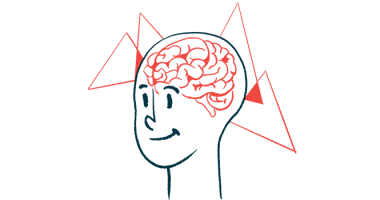COGNISANT Boosts Short-term Memory in Older Adults: Study
The strategy utilizes noninvasive brain stimulation, online games to improve working memory capacity

A new strategy that combines online cognitive therapeutic games with a noninvasive brain stimulation technique – called COGNISANT – may help boost short-term memory in older people, according to a new study.
The findings may prove important for people with Parkinson’s disease who often experience a decline in short-term, or working memory, that can affect their ability to perform everyday tasks.
“Although cognitive decline in the elderly is an inevitability, approaches such as COGNISANT, in combination with regular physical exercise, can stem this decline and provide individuals with a higher quality of life,” professor Kim Shapiro at the University of Birmingham’s School of Psychology and Centre for Human Brain Health, U.K., and one of the study’s authors, said in a university press release.
The study, “Older adults with lower working memory capacity benefit from transcranial direct current stimulation when combined with working memory training: A preliminary study,” was published in Frontiers in Aging Neuroscience.
Working memory, a brain function that allows people to keep information over a short interval and is key for decision-making processes and everyday life functioning, declines with age. This decline is likely to cause more severe impairments in the daily lives of people with neurodegenerative diseases, such as Parkinson’s.
An international team of scientists and clinicians from the University of Birmingham; Dalhousie University, Nova Scotia, Canada; and the University of Trento, Italy, developed a new working memory training program to mitigate this decline.
COGNISANT combines cognitive training and a noninvasive brain stimulation technique, called transcranial direct current stimulation (tDCS). Its developers include Shapiro, a cognitive neuroscientist, along with biomedical engineer Sara Assecondi, formerly at Birmingham but now at Trento’s Centre for Mind/Brain Sciences (CIMeC).
“We hypothesized that individuals with lower working memory capacity would benefit the most from the combined regimen,” the researchers wrote.
In their study, cognitive training was conducted using online therapeutic games developed by neuropsychologist professor Gail Eskes, at the department of Psychology & Neuroscience, and Psychiatry, Dalhousie University.
“Intensive exercises at just the right difficulty are important for increasing brain capacity or efficiency. And the game-like aspects increase motivation and make it easier to stick with the challenging sessions,” Eskes said.
For the brain stimulation, participants used a mobile wireless device that sends low-level electric currents to two brain regions, including the prefrontal cortex, the front part of the brain that’s important for attention and executive functions.
The team tested the effectiveness of COGNISANT in 28 healthy adults, age 56–76. Participants were split into two groups, one that underwent brain stimulation using a device that resembles a swimming cap and the other that received a sham procedure without any electrical current. The procedures took 20 minutes and both groups performed their cognitive training by playing online games for 20 minutes day over five days.
Participants’ working memory capacity (WMC) were evaluzated before the study and two days after its completion. WMC was assessed by asking the participants to perform five tasks that relied on different aspects of working memory.
The results showed all participants significantly improved their WMC independently of their age or whether they received brain stimulation.
However, older participants – age 69.5–76 – with lower initial WMC benefited the most from the combination of cognitive training and brain stimulation.
“Future work should consider developing individualized treatments by considering individual differences in cognitive profiles,” the researchers wrote.
The team plans to conduct further studies to see if other forms of brain stimulation can prove more effective and are finishing a study that’s assessing COGNISANT’s benefits in post-stroke patients with publication expected soon.







